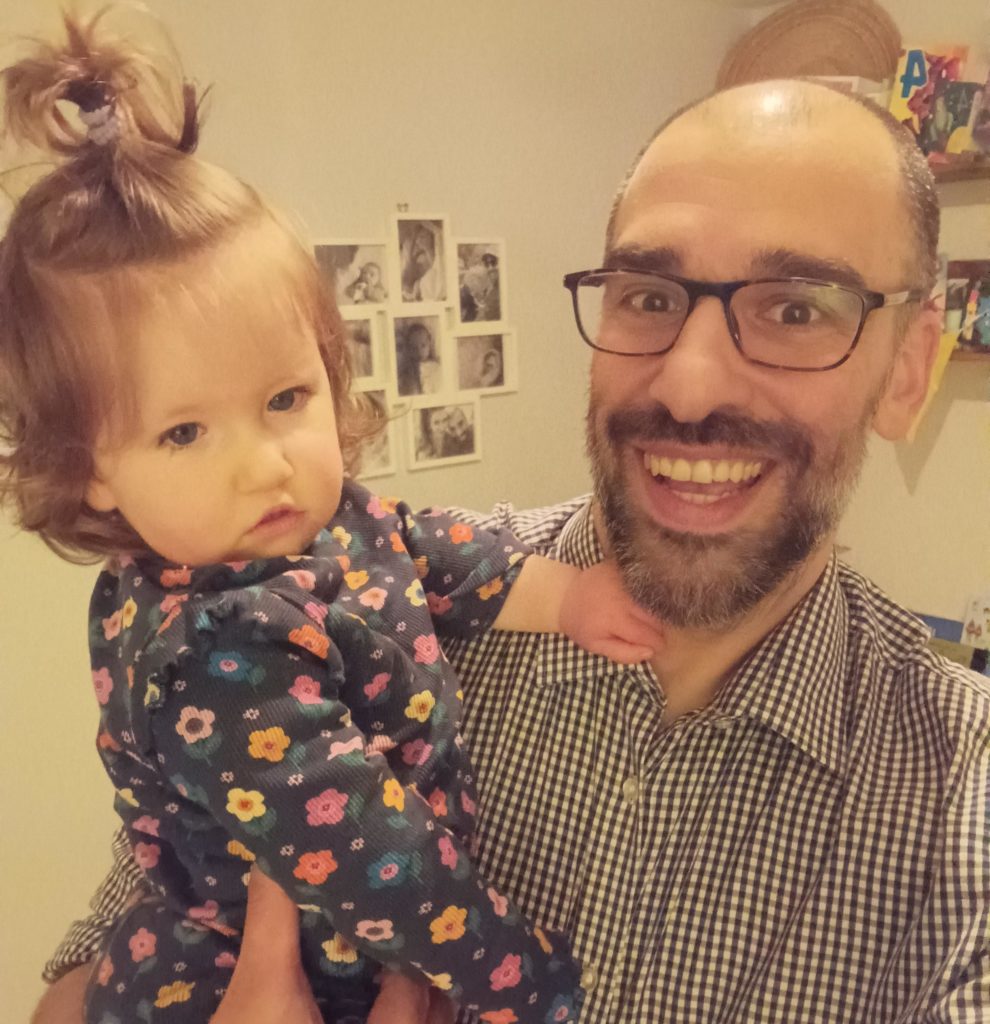By Marcin Miszkowski
PWS comes with a glut of complex and challenging needs that caregivers are all too familiar
with. Surveys in the Global PWS Registry identify that roughly 50% of caregivers and individuals
living with PWS identify anxiety and distress as two symptoms that pose significant problems.
There are few treatments available to target these symptoms, despite the fact that people with
PWS and caregivers have highlighted them as pressing needs (Tsai et al 2018; Dykens et al
2021).
Historically, there have never been PWS specific assessments to measure anxiousness and
distress. Although assessment tools do exist for the general population, they do not address
PWS specific anxieties such as meal schedules and planning, or changes to routine. To address
this, a group of researchers from Levo Therapeutic, along with the FPWR and PWS-Clinical
Trials Consortium (PWS CTC), collaborated to produce a way of capturing this unique
anxiousness and distress in PWS.The results of the study were published in the journal Value in
Health: The Prader-Willi Syndrome Anxiousness and Distress Questionnaire
(PADQ):Development and Psychometric Validation.
Essentially, the PADQ is a caregiver administered questionnaire that documents observable
behaviours. It can be utilised by pharmaceutical companies to measure the impact of their
treatments on anxiousness and distress.
How was the PADQ developed?
PWS-specific questionnaire items were developed reflecting observable behaviours of anxiety
and distress. The PWS-CTC group, made up of mental health and behaviour experts, reviewed
the questionnaire items and made suggestions and comments. Furthermore, in depth interviews
were held with caregivers of children with PWS who faced challenges with anxiousness.
Caregivers continuously endorsed items on the PADQ, and agreed that the items accurately
captured their own observations of anxiousness.
The PADQ was utilised by over 400 people as part of the validation process. No significant
differences were returned regardless of age, gender or PWS subtypes. Those who had
previously reported anxiousness returned higher mean scores than those without. To ensure
reliability, over 100 PADQ were completed at a second point in time. The PADQ was also used
as a secondary outcome measure in Levo Theraputic’s CARE-PWS Phase 3 Trial.
What does this mean for people living with PWS and their families?
A PWS-specific questionnaire that focuses around anxiety and distress will enable researchers
and medical professionals to establish a better understanding of the behaviours that the
syndrome influences. The PADQ provides a new and reliable assessment tool, which can be
used to measure the impact of new treatments on behaviours
